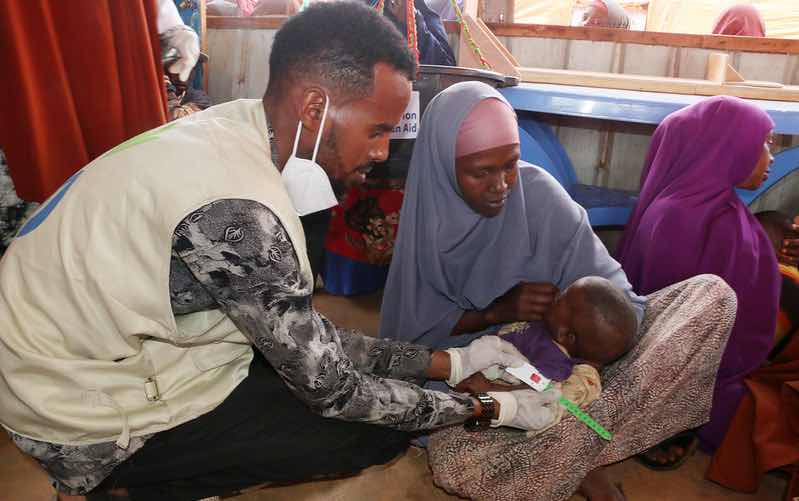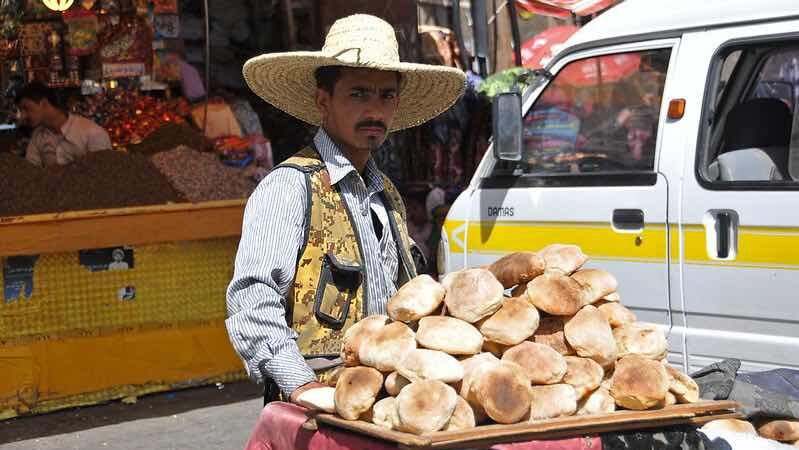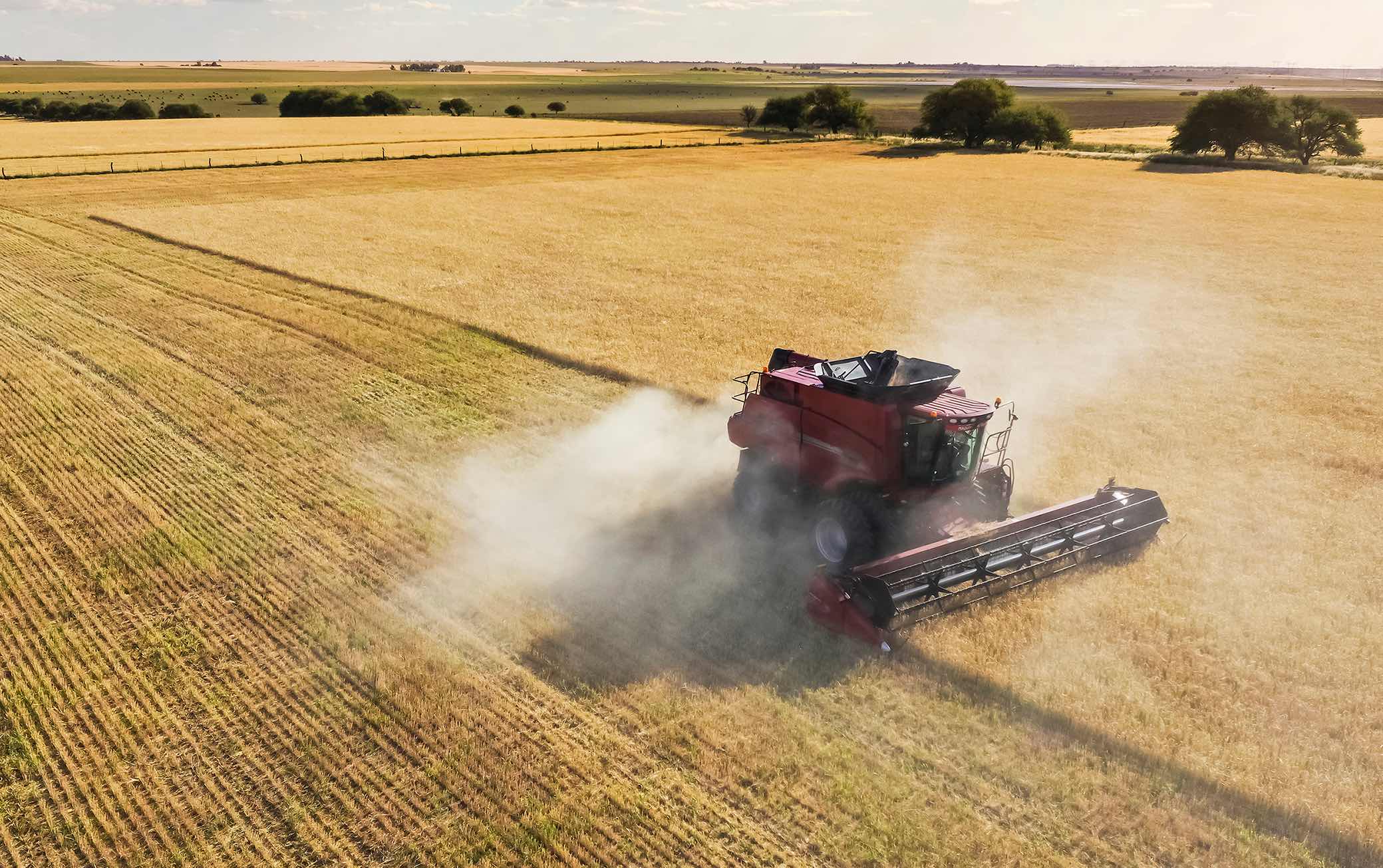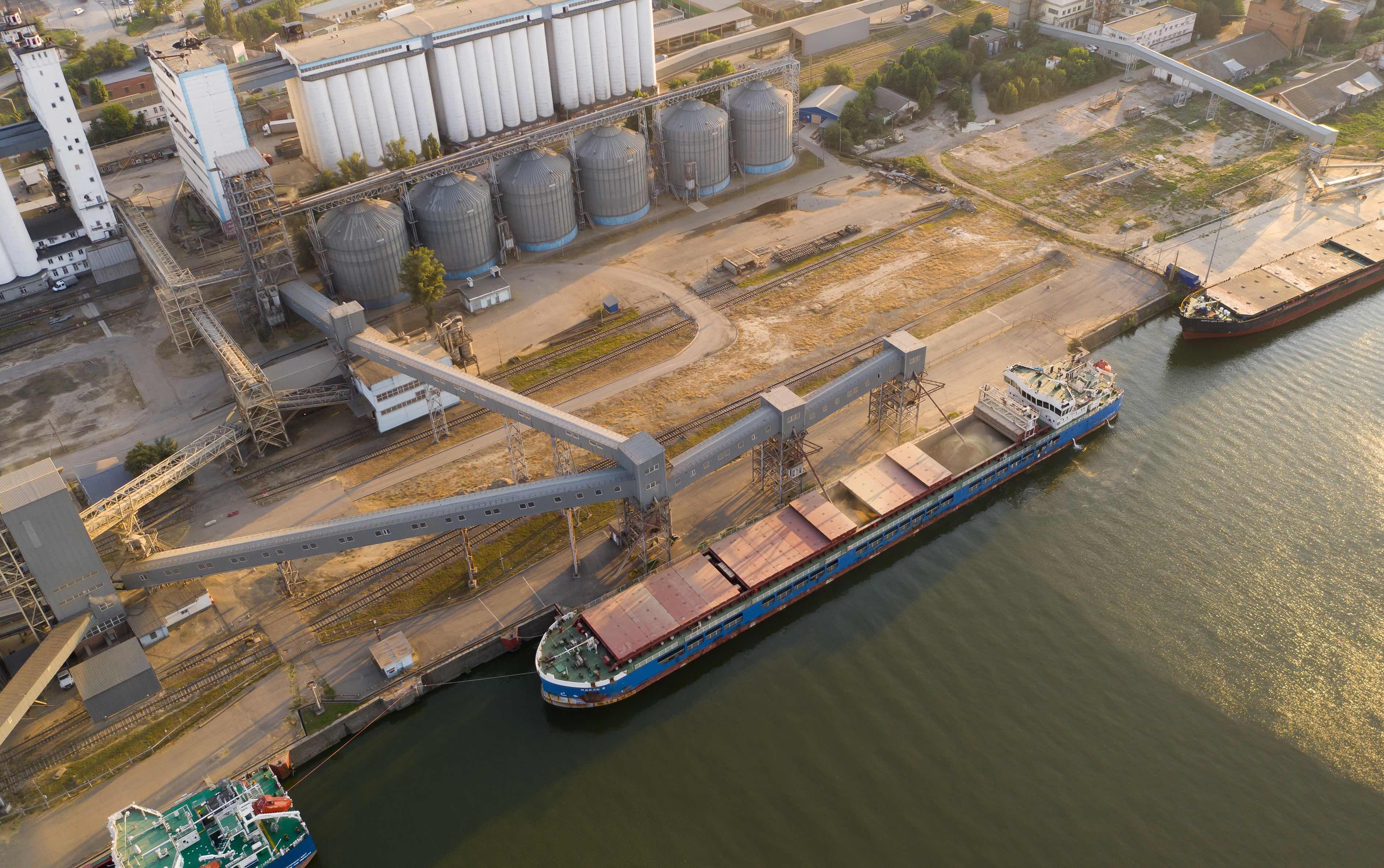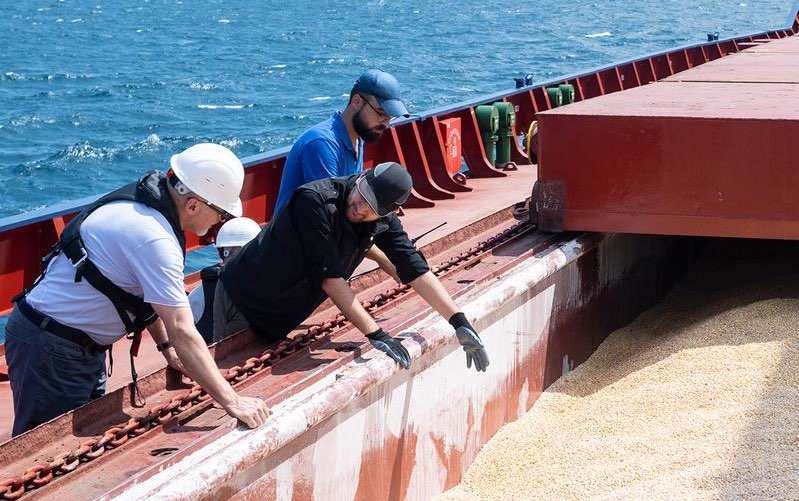Conflicts and other shocks have triggered rising food insecurity and malnutrition in many places around the world. This special blog series examines how these often-overlapping crises are impacting food systems at the global, national, and local levels. Contributors also evaluate policy responses to food system shocks, with a view to finding effective approaches that enhance the resilience of both national and global food systems. The series is co-edited by Joseph Glauber, IFPRI Senior Research Fellow, and Johan Swinnen, IFPRI Director General and Managing Director of CGIAR’s Systems Transformation Science Group.
This blog series was initiated in February 2022 when Russia’s invasion of Ukraine triggered trade disruptions and significant increases in international prices of energy, agricultural commodities, and fertilizer, which were already elevated due to the COVID-19 pandemic and related value chain disruptions. While those impacts are still being felt, this series has expanded to incorporate posts on new conflicts, such as those in Sudan and Gaza, as well as weather-related disturbances and other food system shocks.
Latest Blog
-
The global food price crisis threatens to cause a global nutrition crisis: New evidence from 1.27 million young children on the effects of inflation
Research links high food prices to wasting and stunting.
-
Addressing the food crisis in Yemen: The private sector’s key role amid local conflict and global market disruptions from the Russia-Ukraine war
A tenuous food security situation faces shifting pressures.
-
Can agricultural exports from Southern Cone countries make up for global supply disruptions arising from the Russia-Ukraine war?
Shifting tides of international trade.
-
How sanctions on Russia and Belarus are impacting exports of agricultural products and fertilizer
Data show a mixed picture for exempted products.
-
Suspension de l’Initiative Céréalière de la Mer Noire : qu’est-ce que l’accord a accompli, et que se passe-t-il maintenant?
New stresses on global food security.
-




